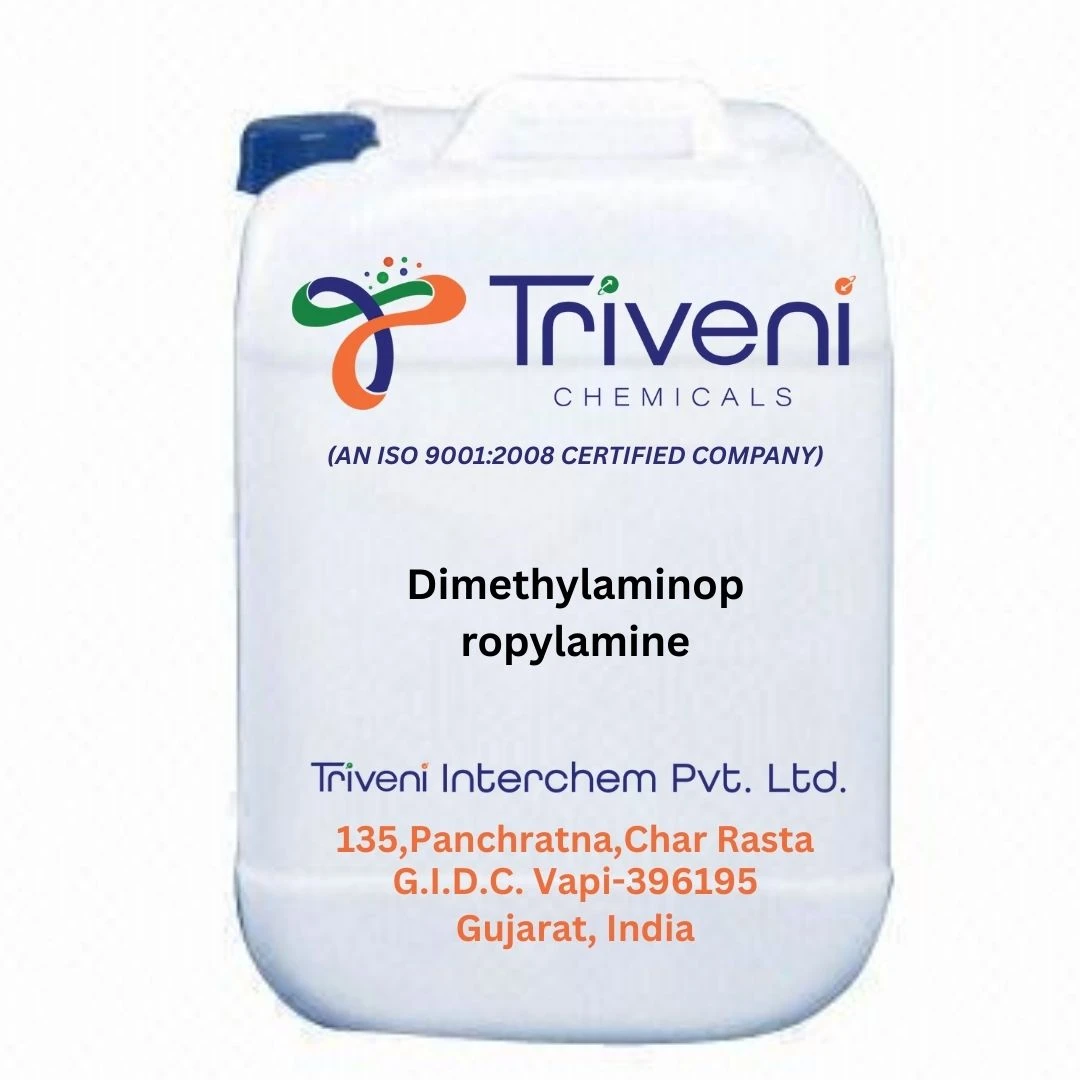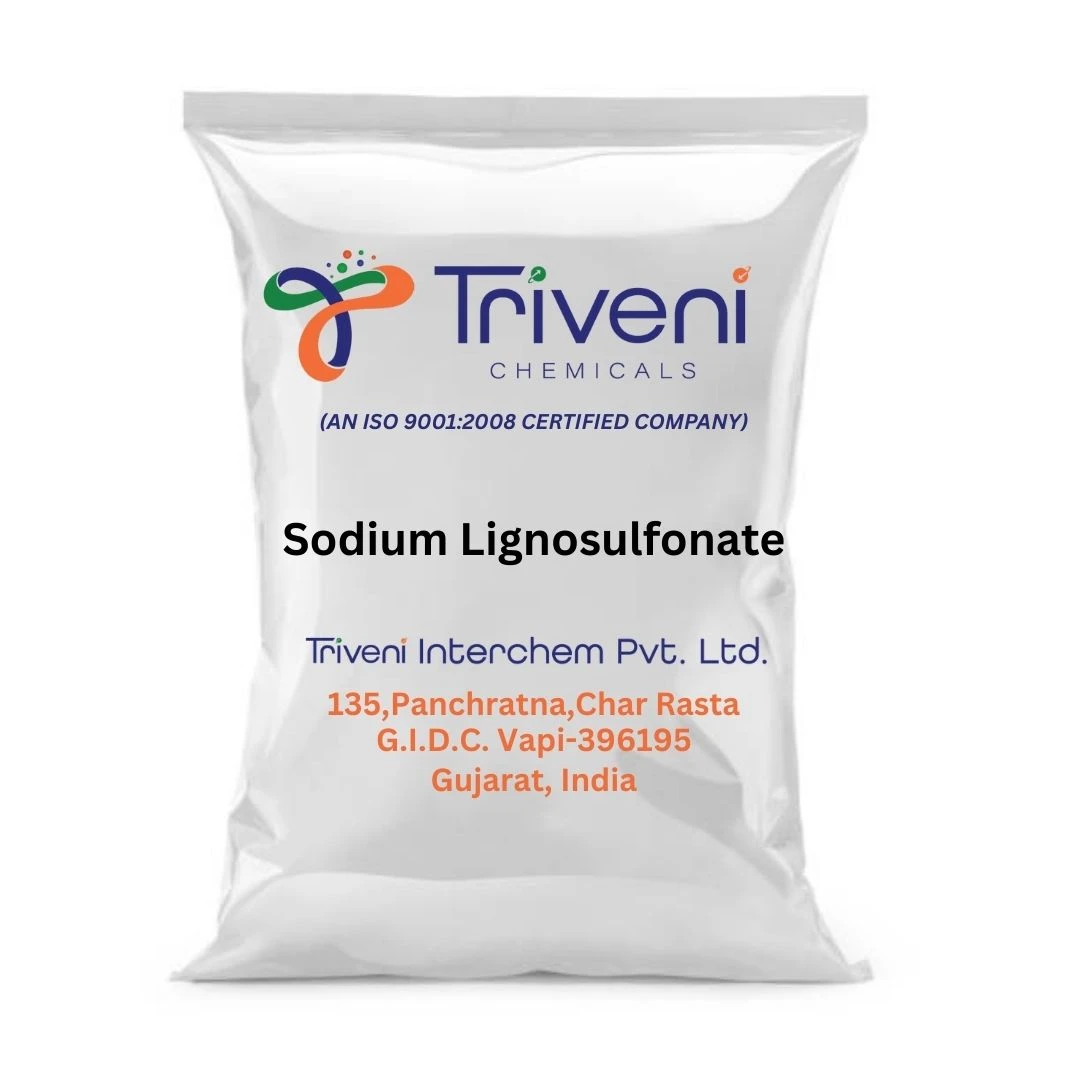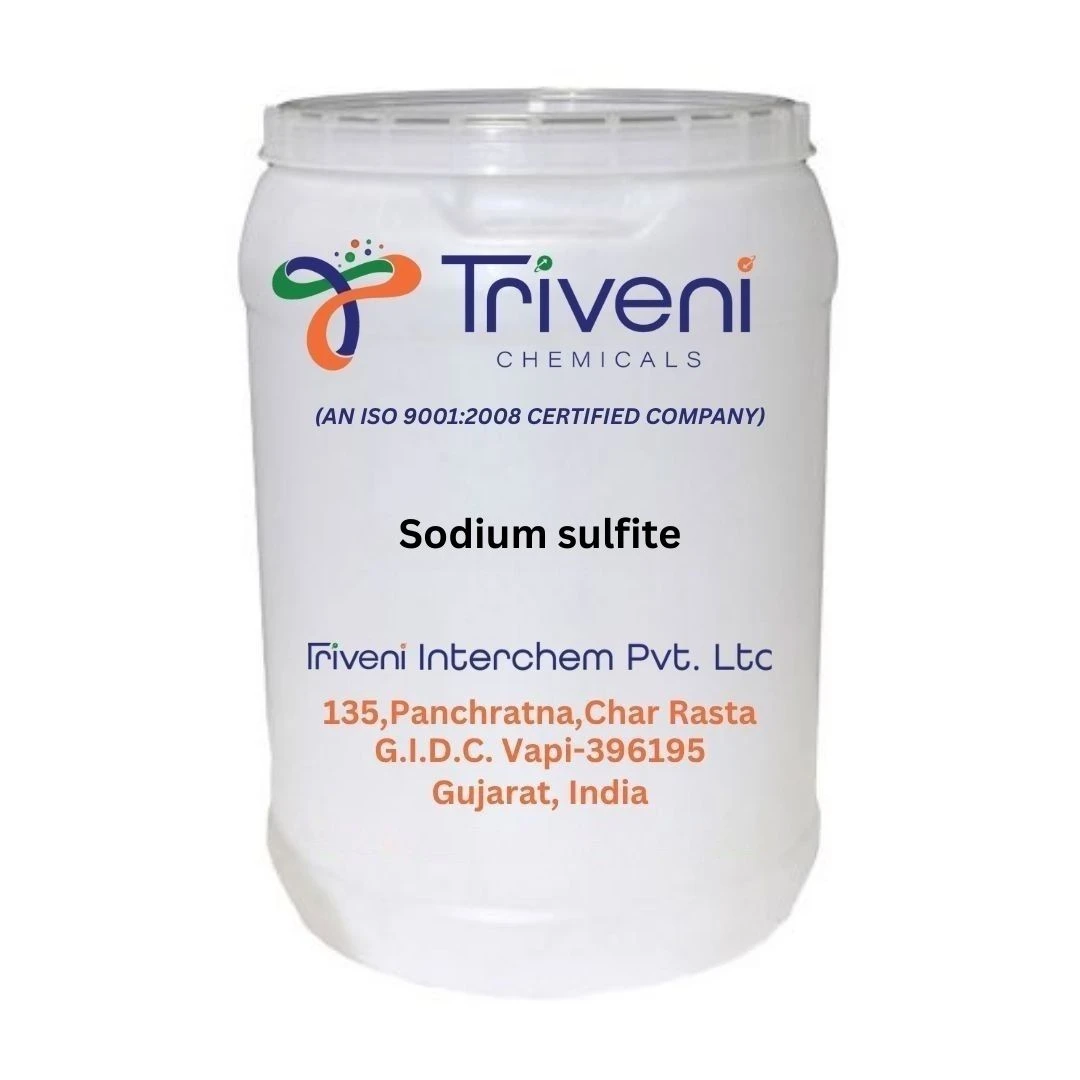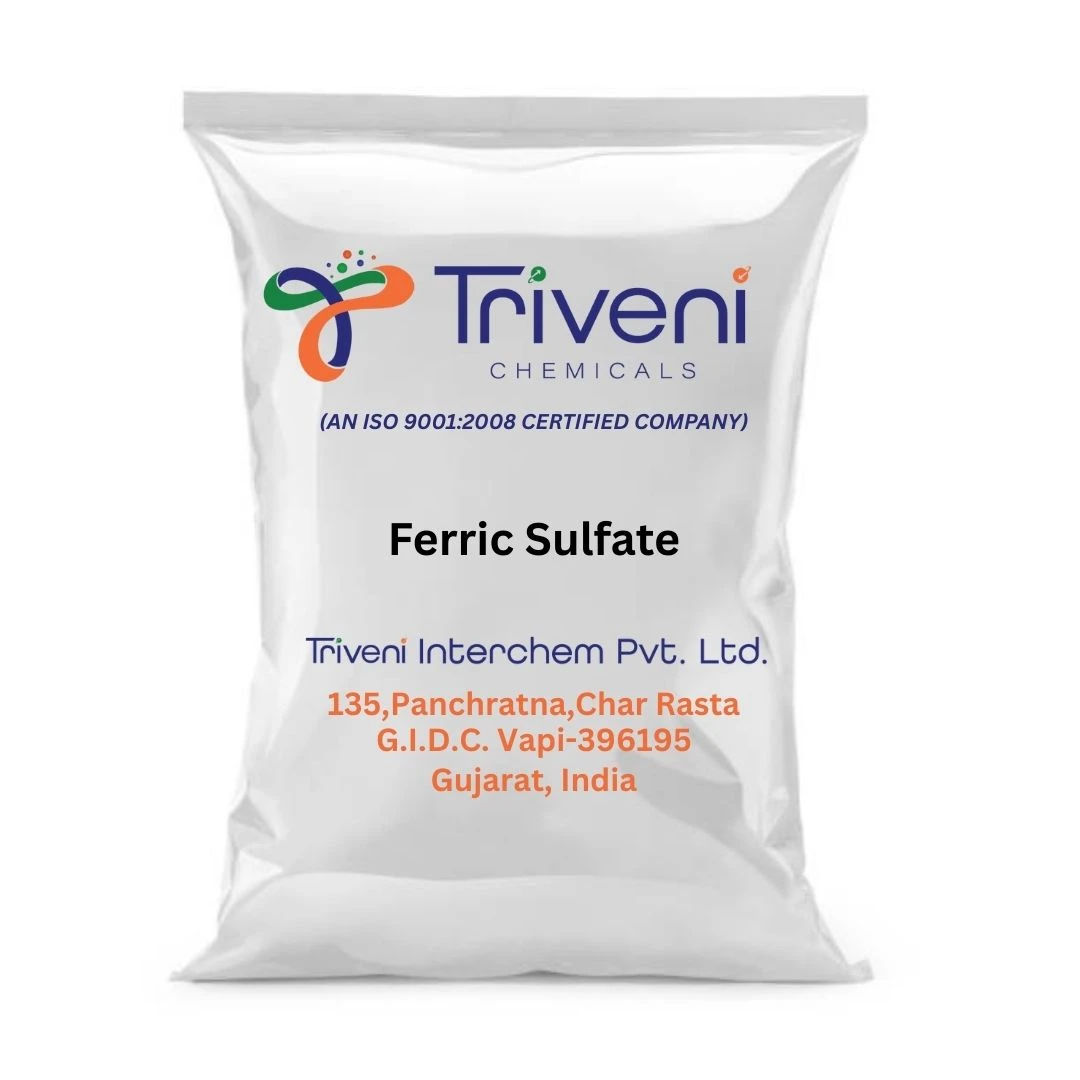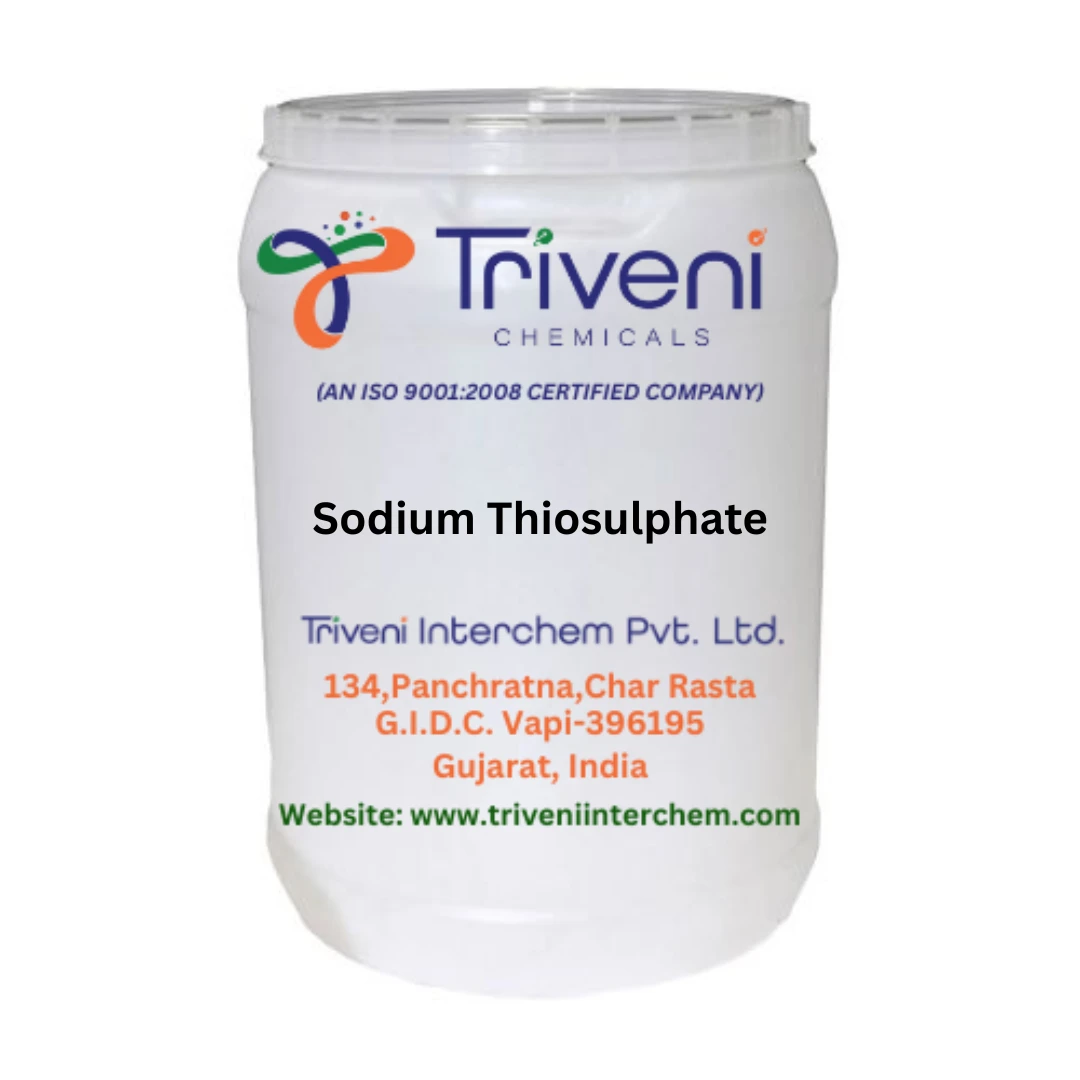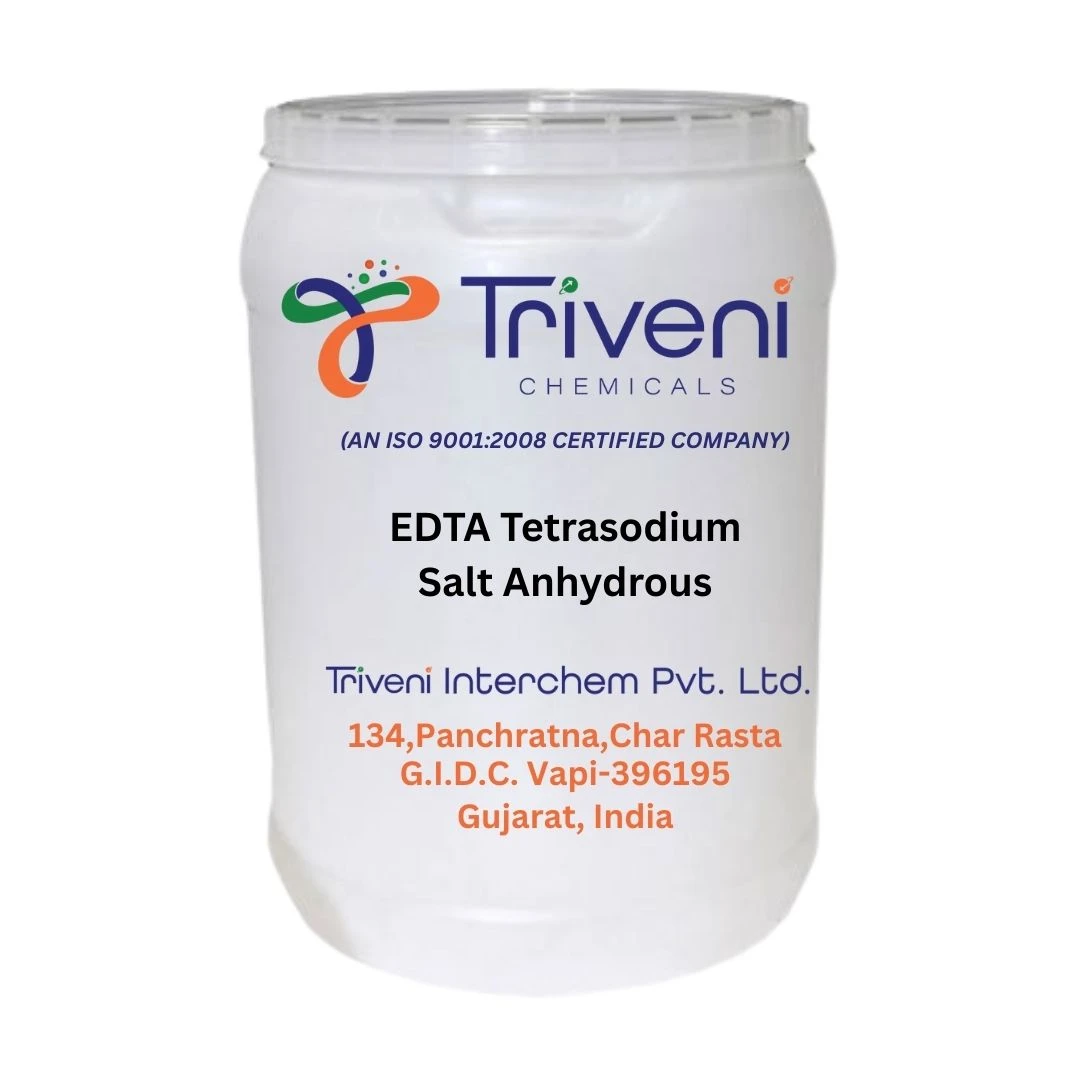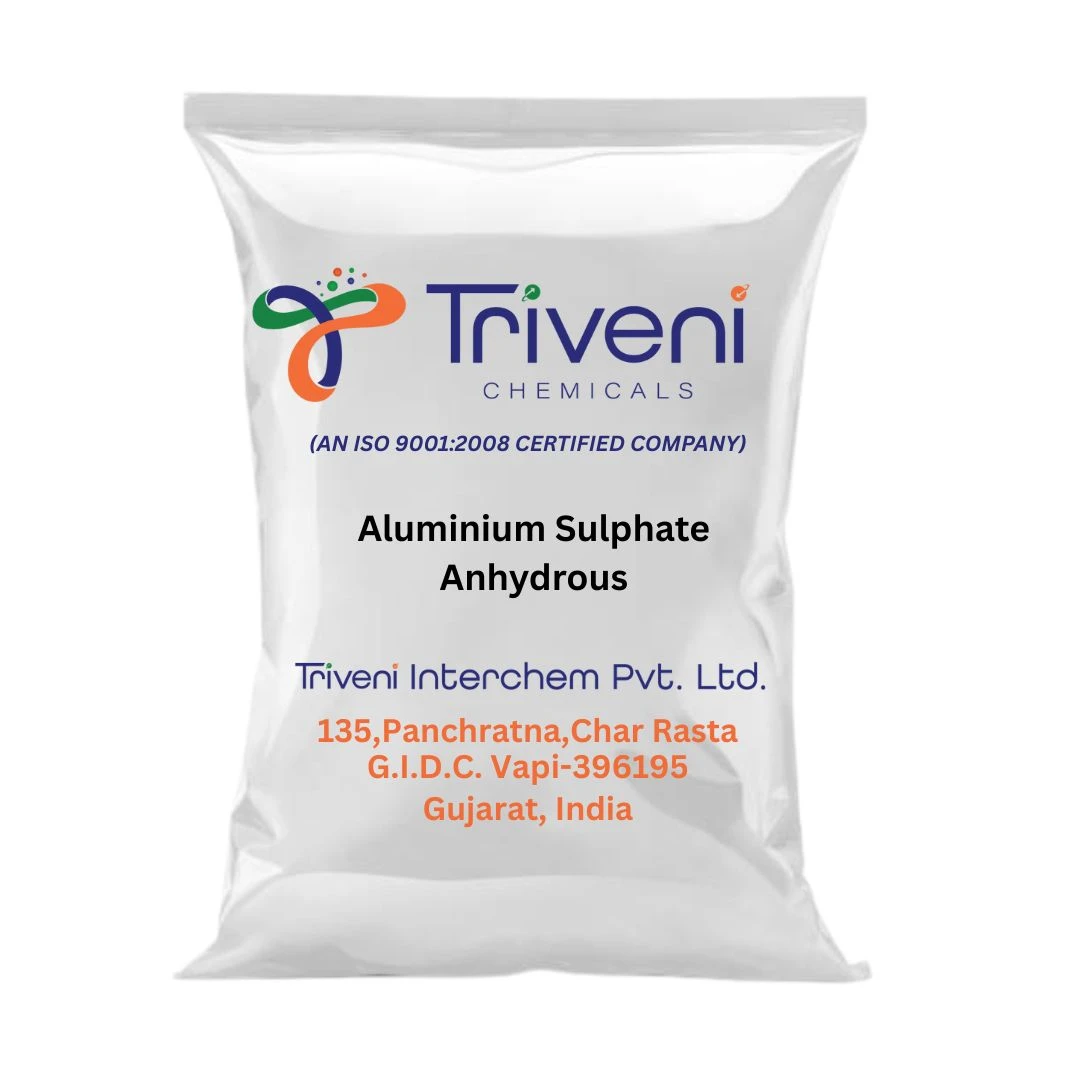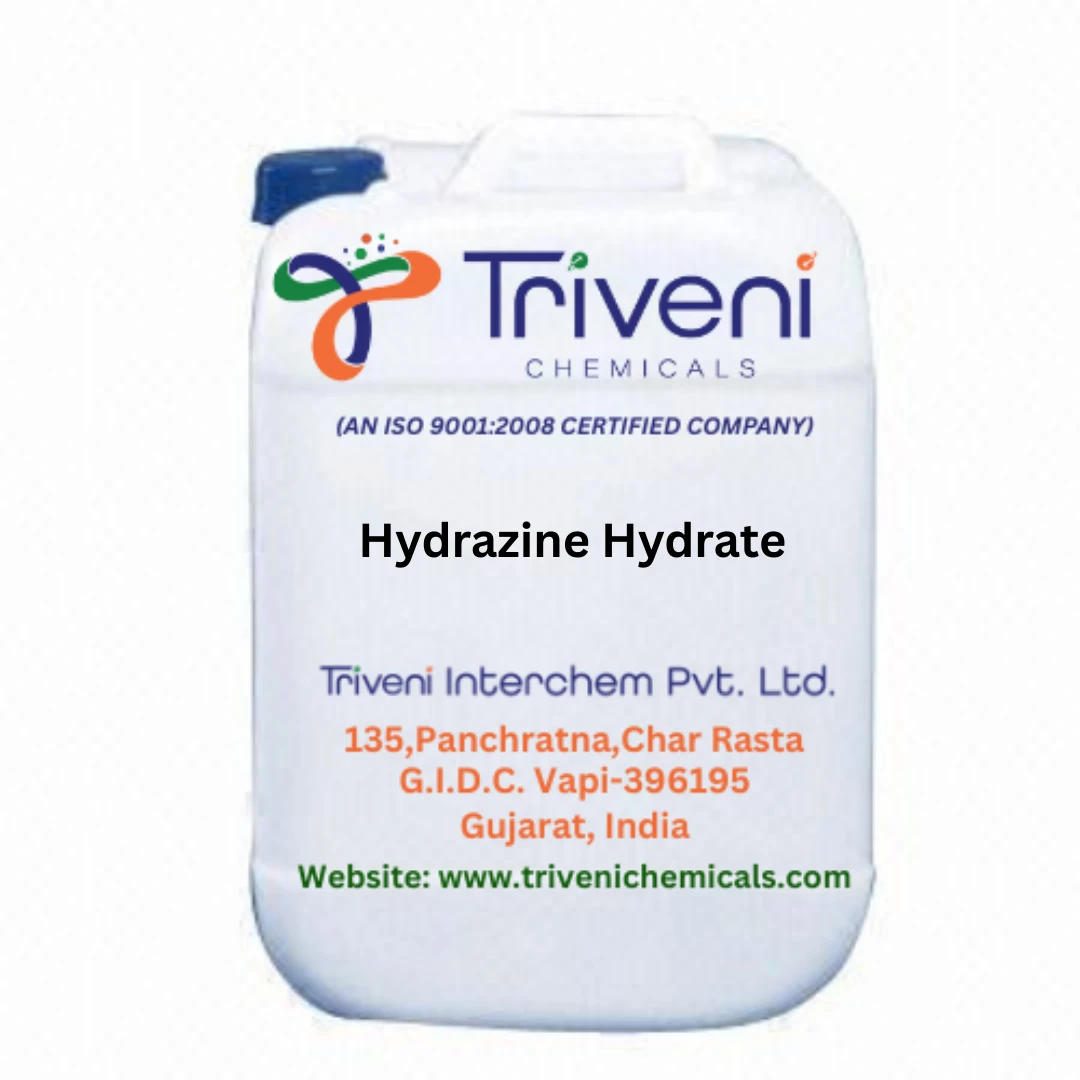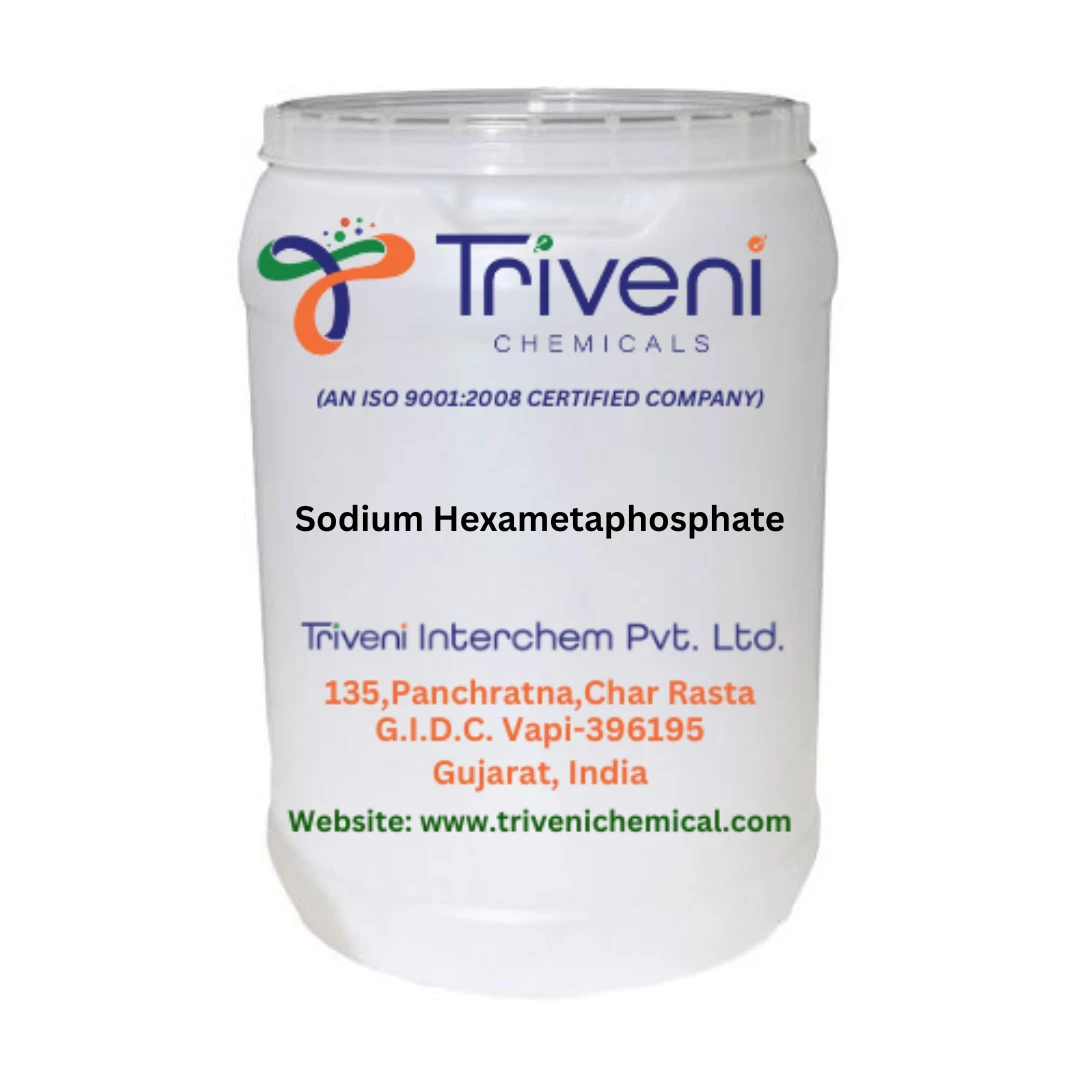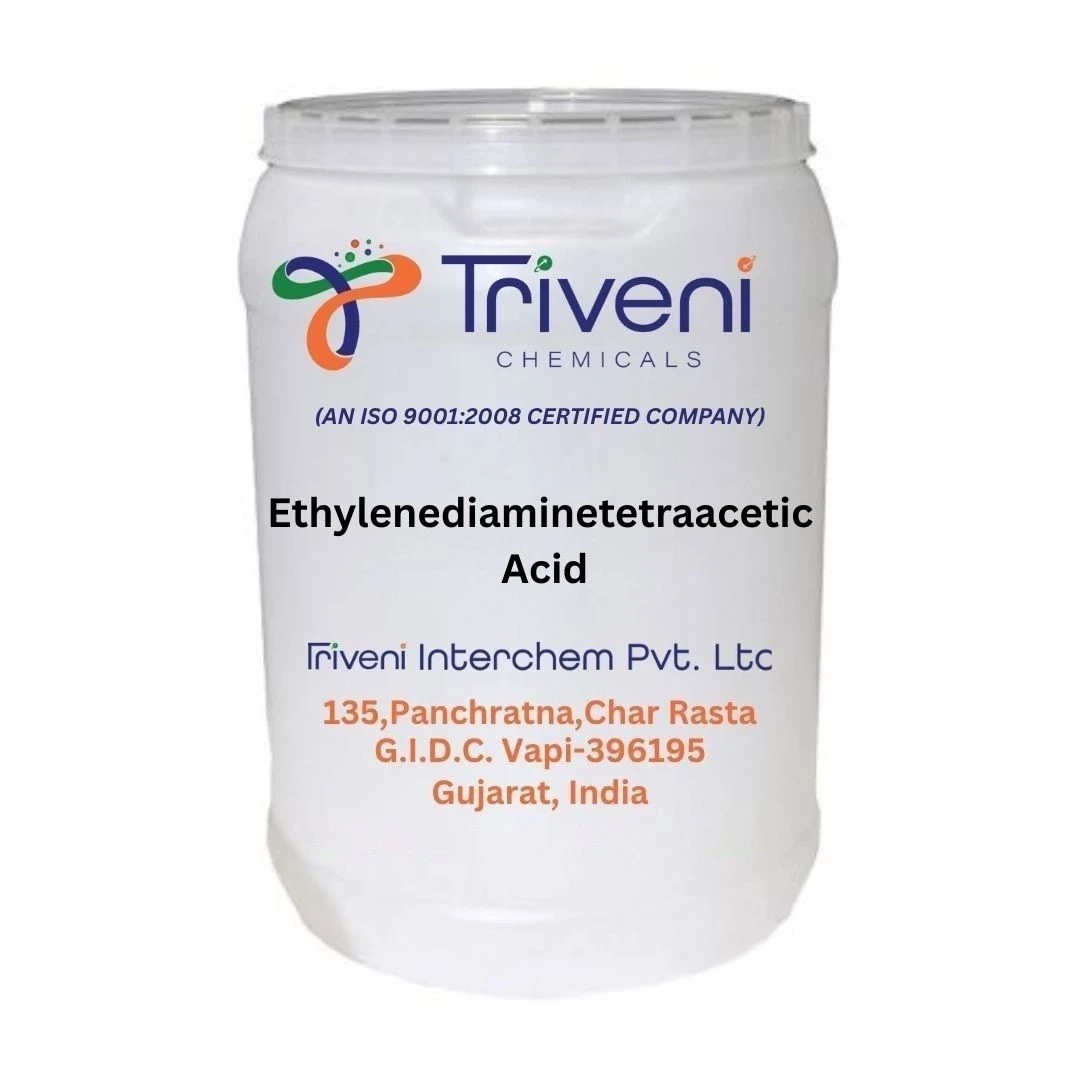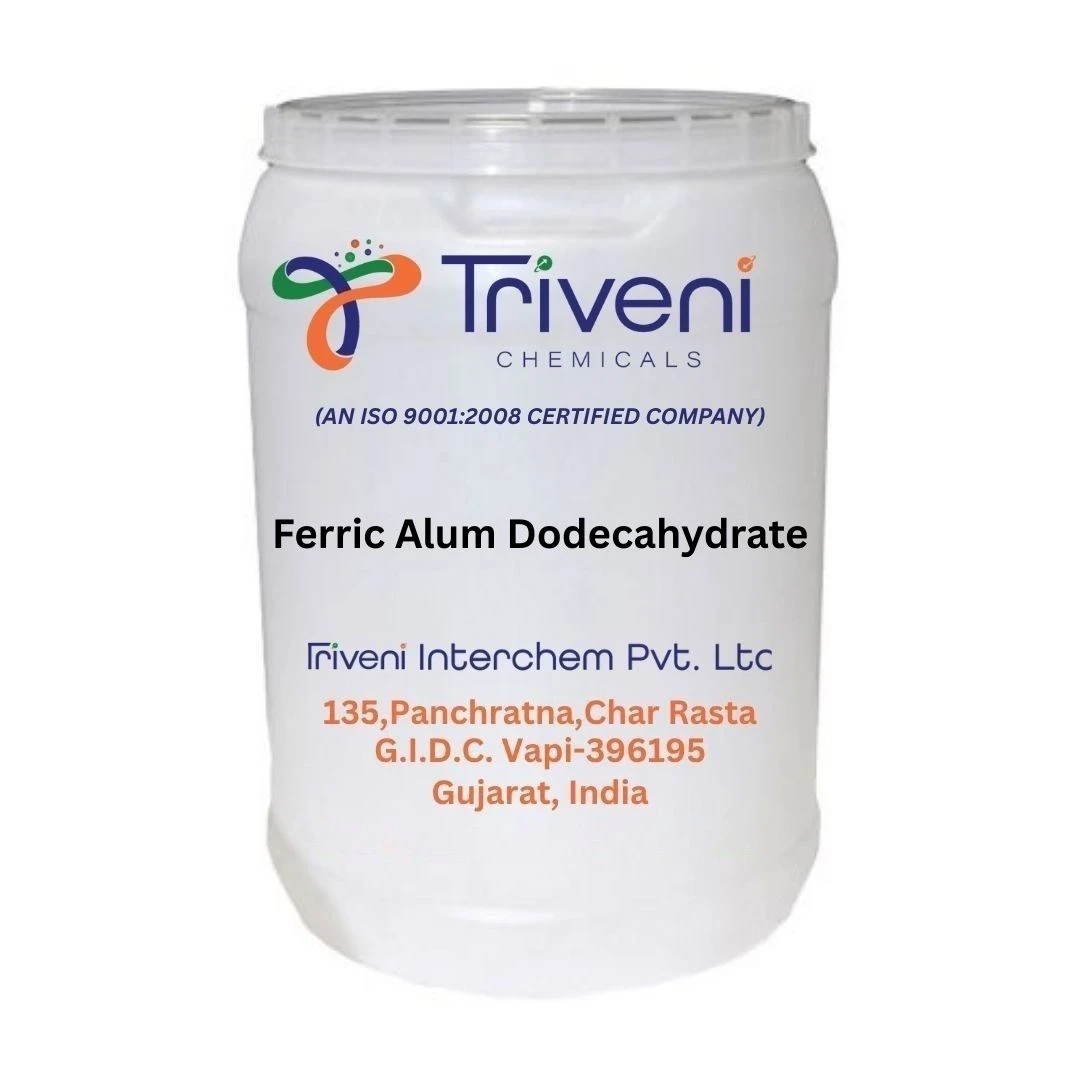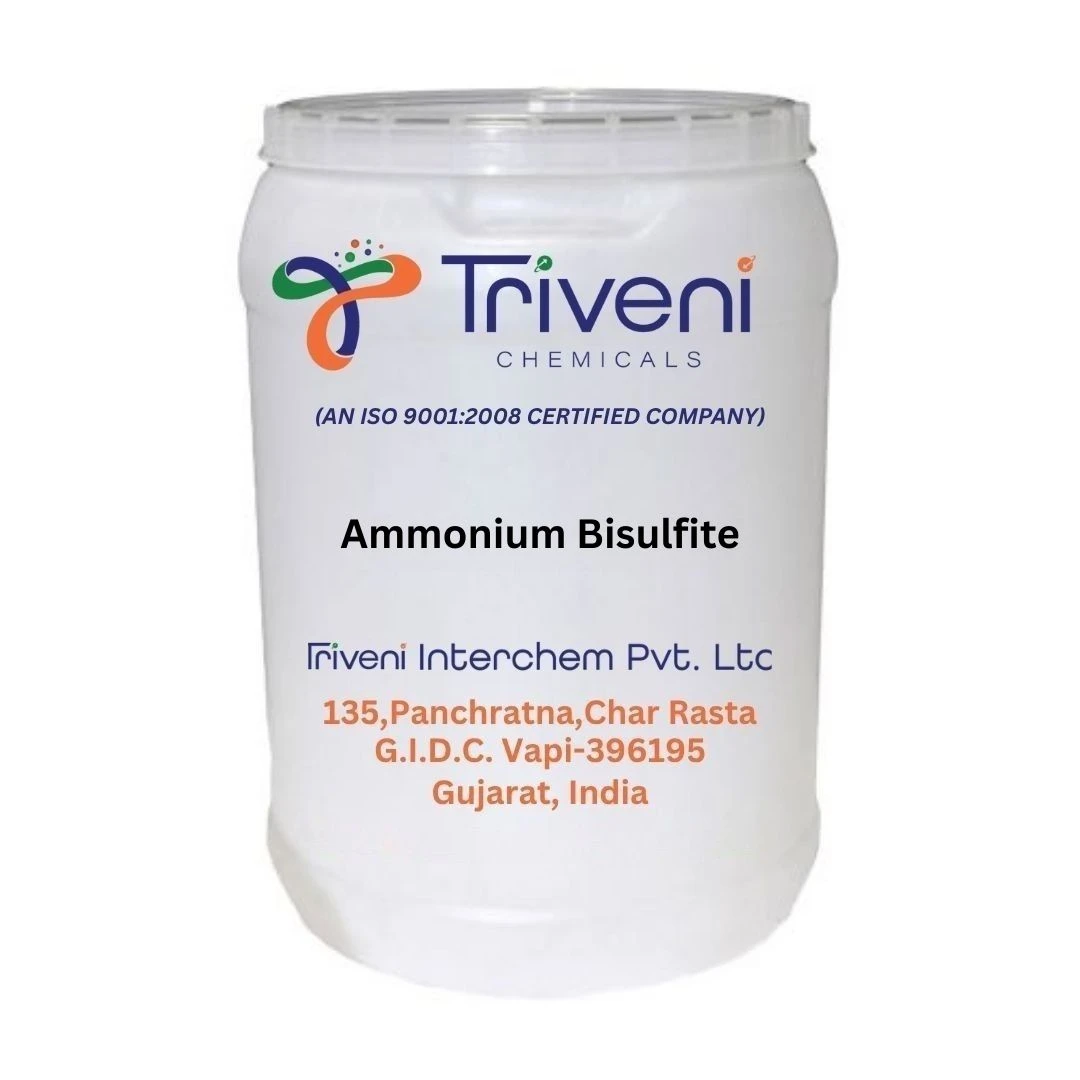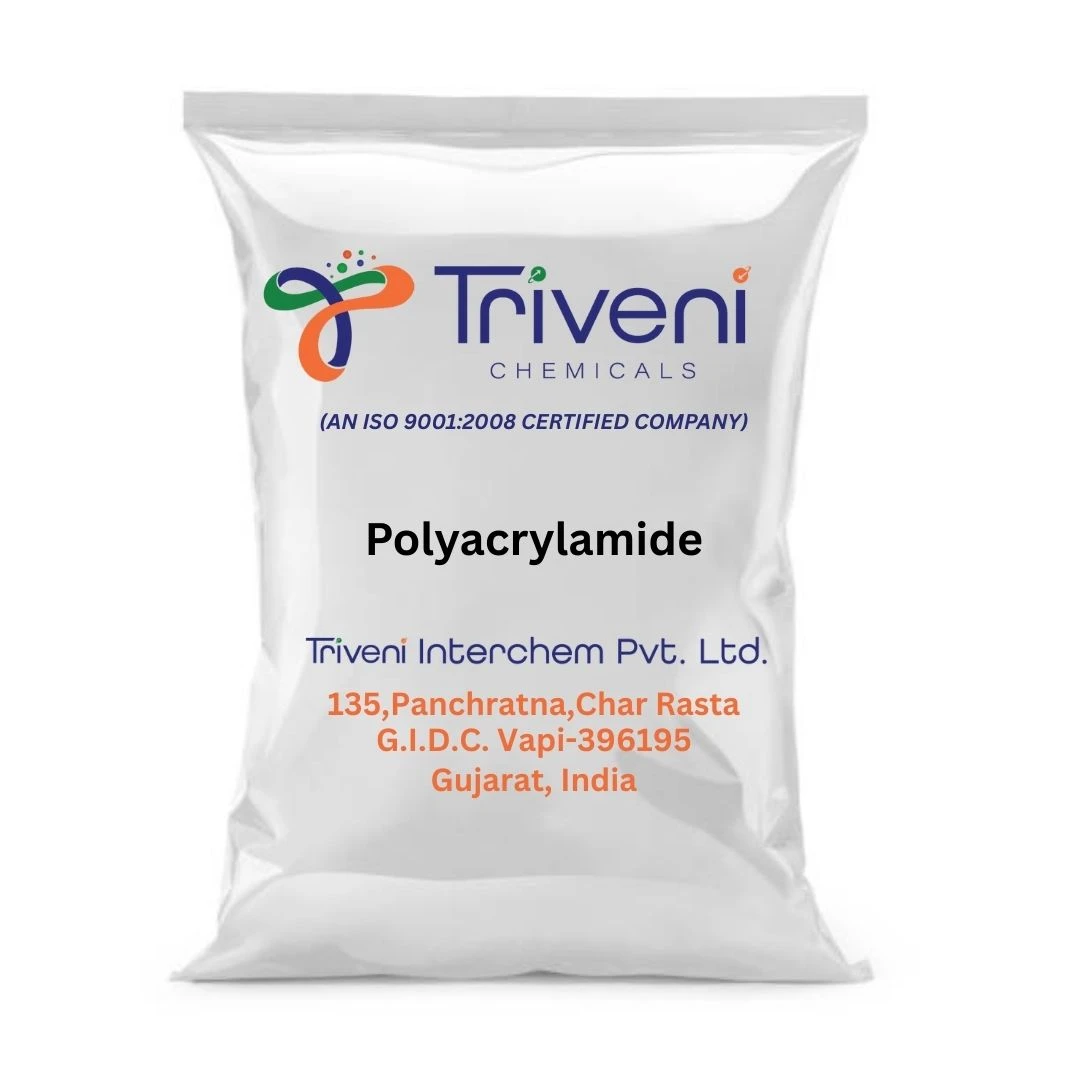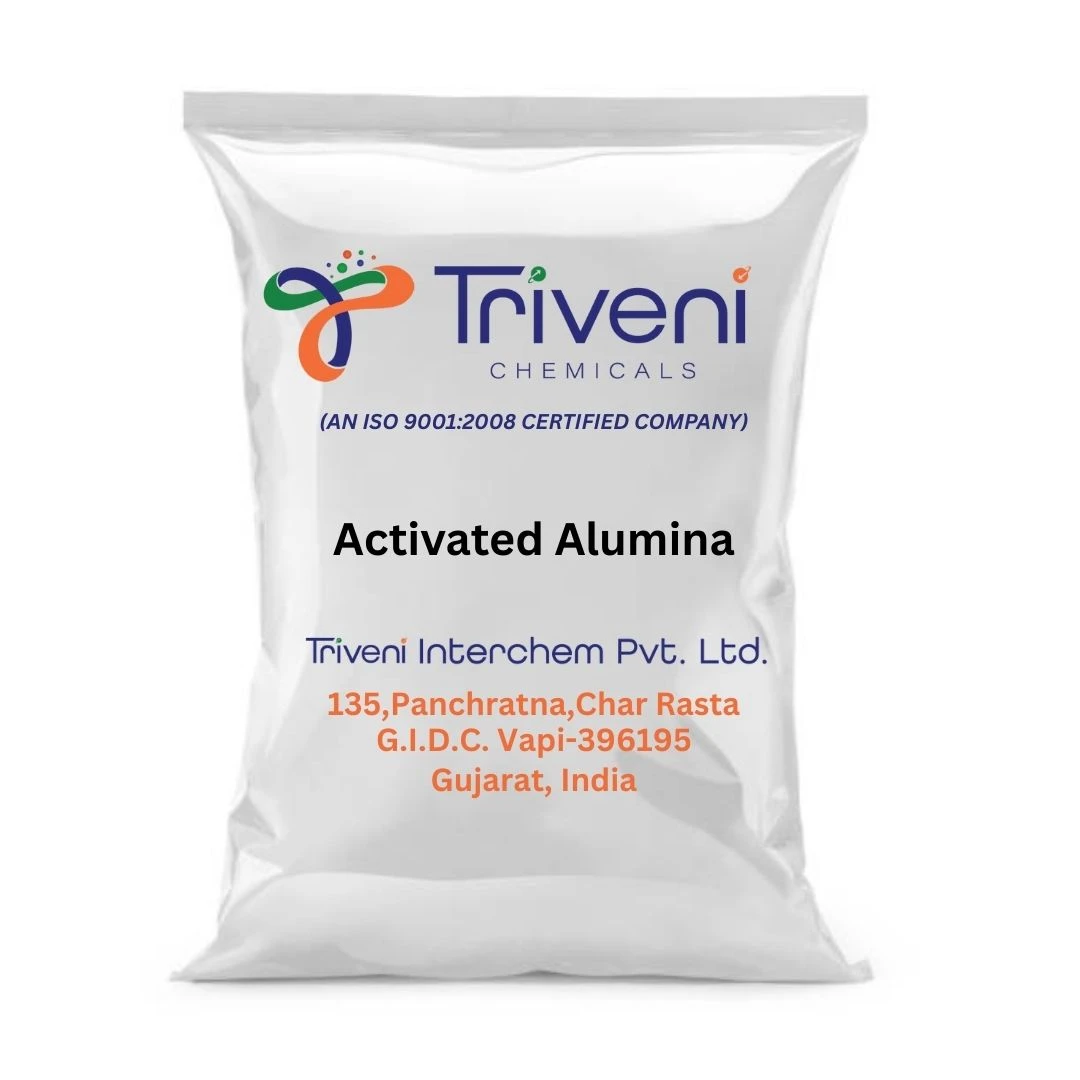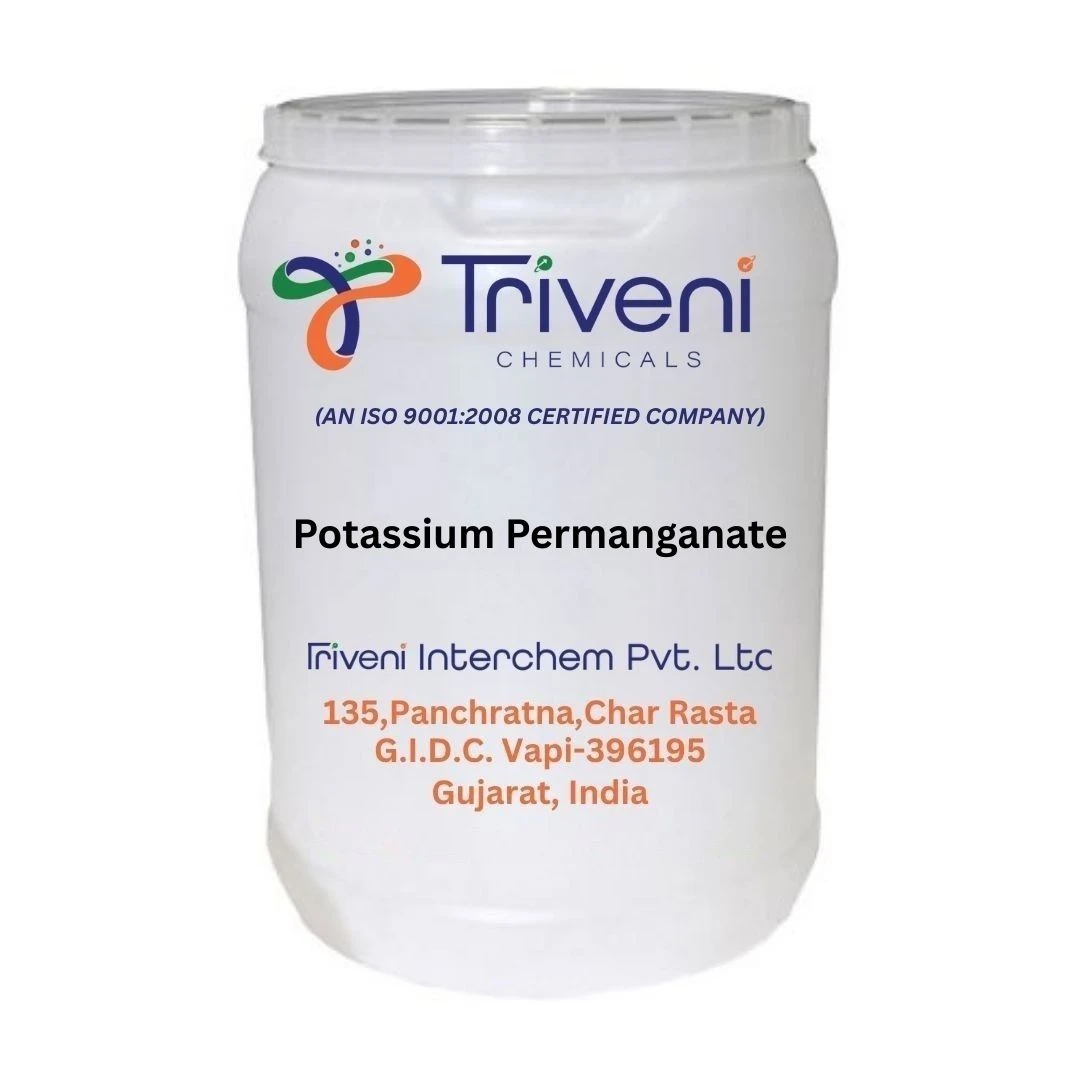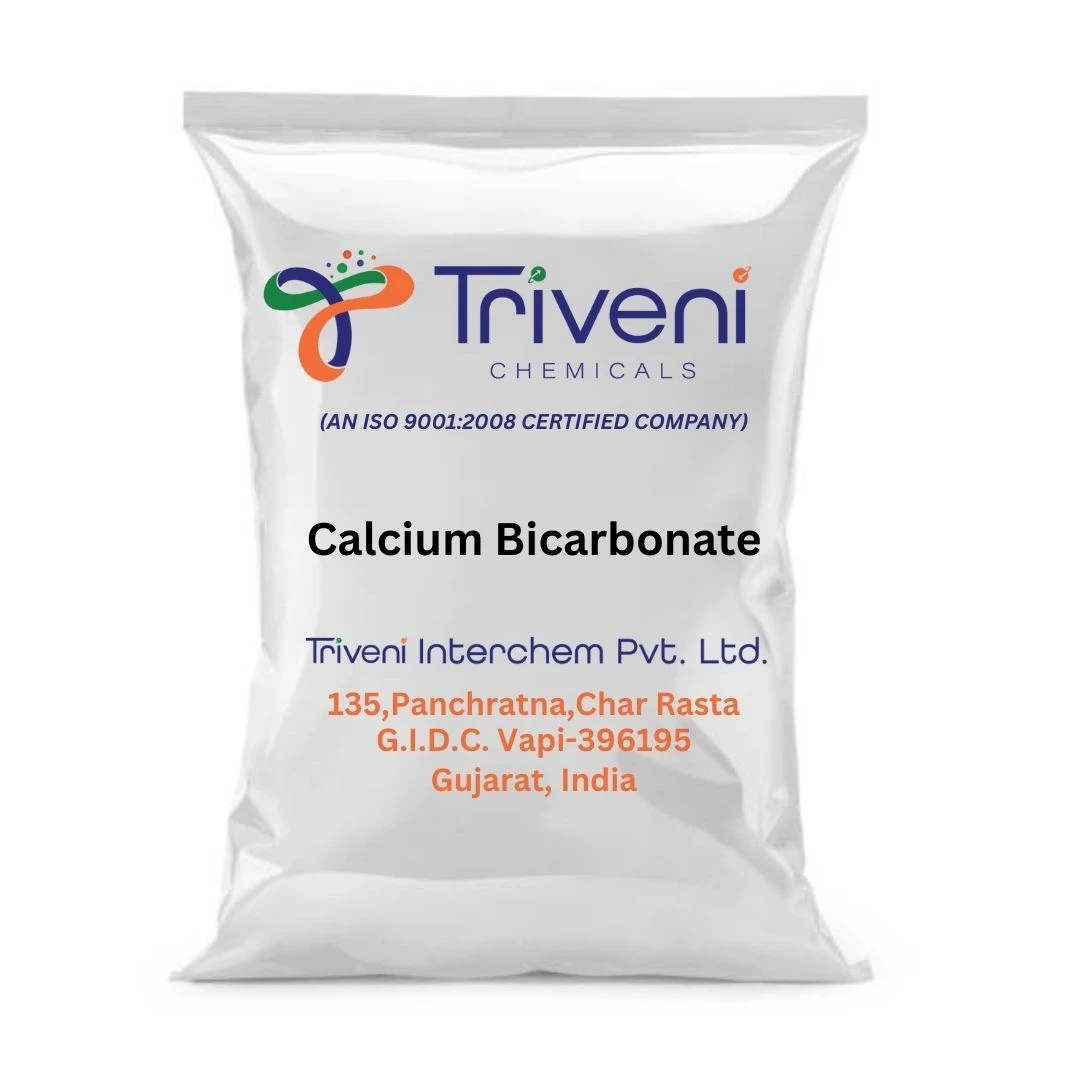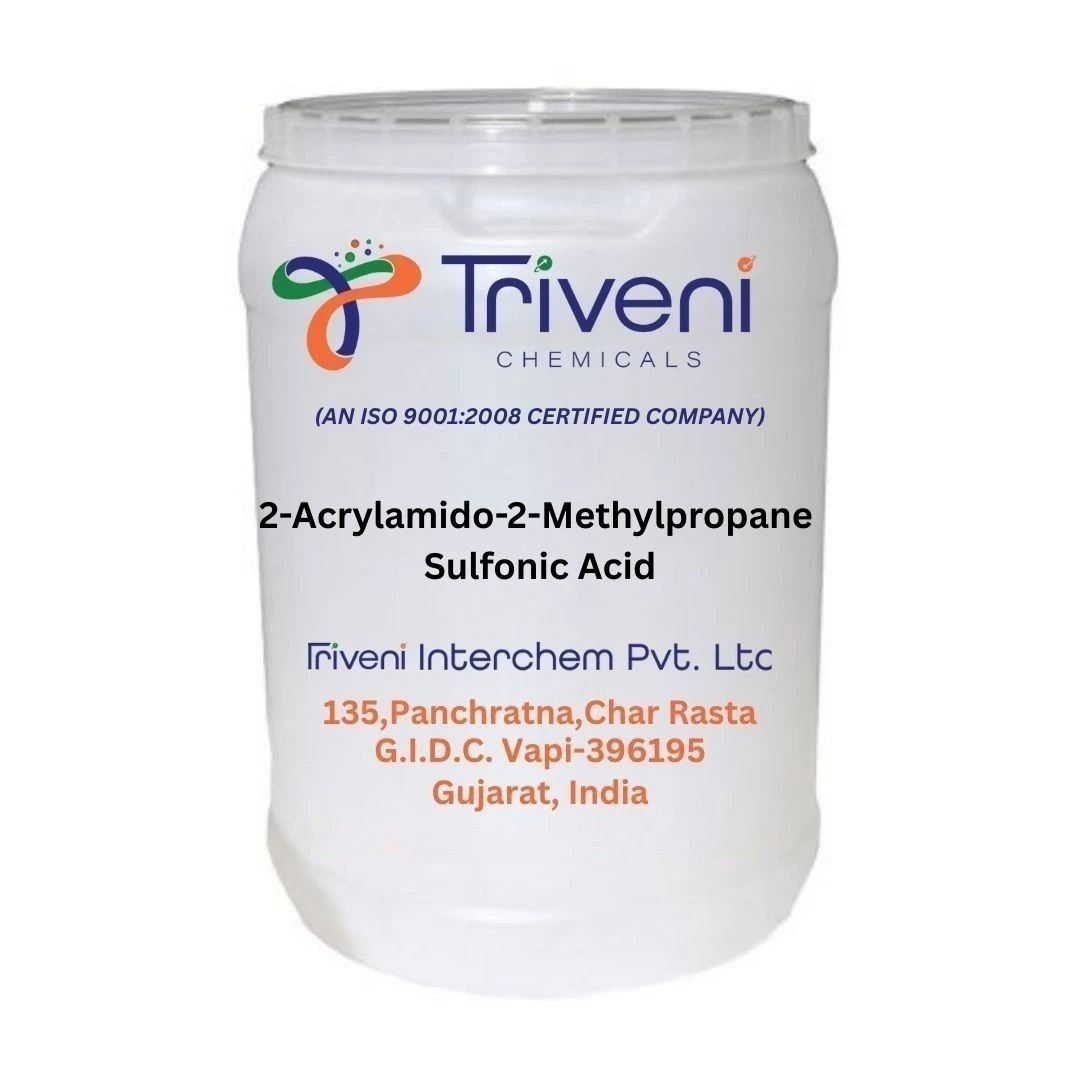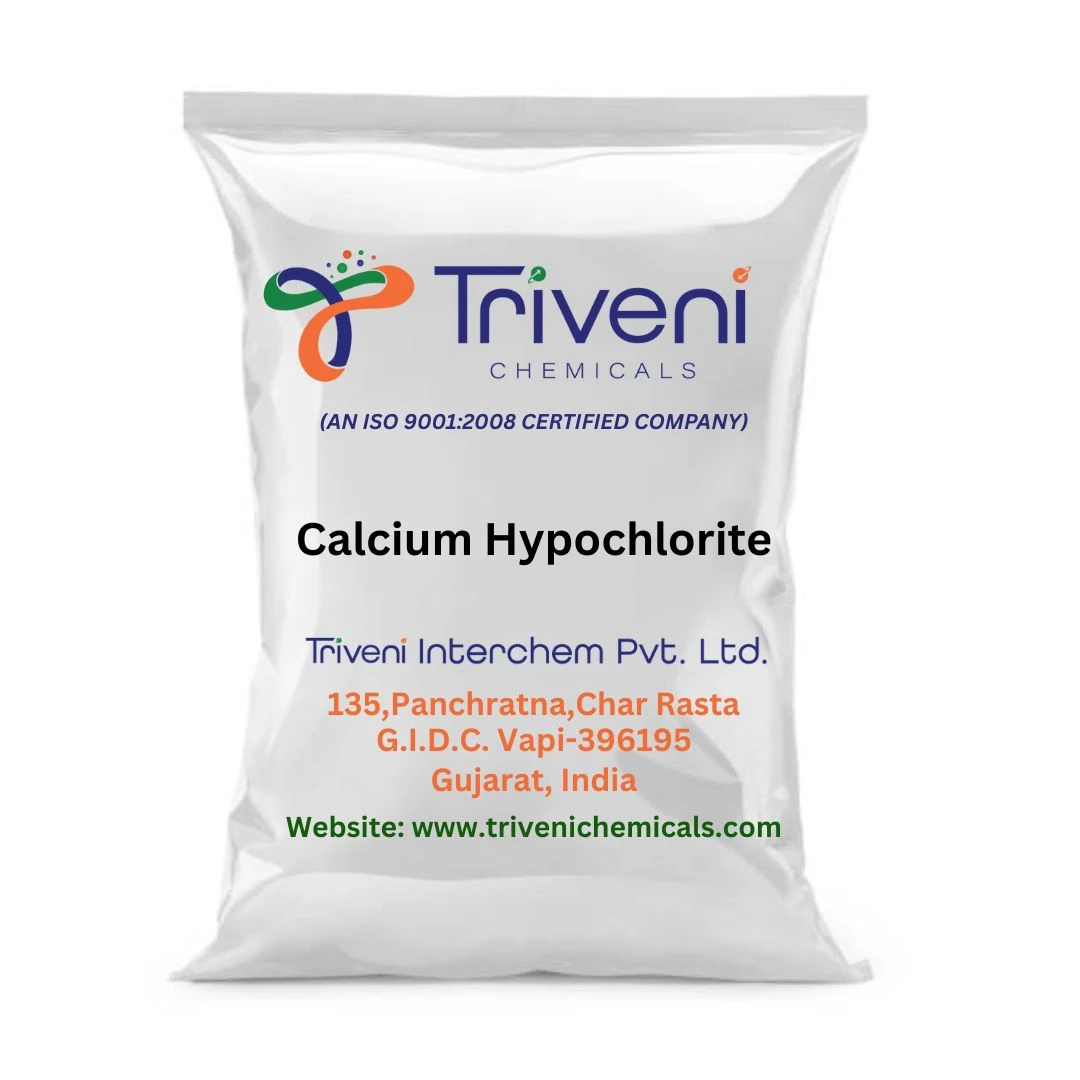Water treatment chemicals are substances that are used to eliminate impurities, pollutants, and microorganisms from water, ensuring its safety and suitability for a variety of applications such as drinking, industrial activities, and sanitation. These compounds are essential in water purification because they target specific pollutants while also improving the purification..
Water treatment chemicals are substances that are used to eliminate impurities, pollutants, and microorganisms from water, ensuring its safety and suitability for a variety of applications such as drinking, industrial activities, and sanitation. These compounds are essential in water purification because they target specific pollutants while also improving the purification process. One of the most often utilized water treatment chemicals is chlorine. It efficiently removes bacteria, viruses, and other pathogens found in water. To disinfect water and make it safe for consumption, chlorine-based substances such as sodium hypochlorite or chlorine gas are added in exact proportions. Alum (aluminum sulfate) or other coagulants are also important water treatment chemicals. These compounds act by forcing contaminants and particles to clump together, resulting in the formation of bigger particles known as flocs. Coagulation helps these particles to settle, making sediments, organic matter, and other contaminants easier to remove from the water. Chemicals such as lime (calcium hydroxide) or soda ash (sodium carbonate) are used to modify the pH of water. These compounds help to neutralize the acidity or alkalinity of water, ensuring that it meets the pH requirements required for safe use. In water treatment, polymer additives are used to aid in flocculation and sedimentation. These chemicals improve coagulant efficacy by increasing the development of larger and denser flocs, which improves the efficiency of the purifying process. Special chemicals such as activated carbon, ion exchange resins, or chelating agents are used to remove heavy metals such as lead, arsenic, and mercury. These compounds attach to heavy metal ions, thereby removing them from the water and reducing the health risks connected with their use. Furthermore, advanced water treatment chemicals such as ozone, hydrogen peroxide, or UV disinfectants are used in industrial settings or locations where specific contaminants offer a substantial concern. These chemicals provide more powerful and focused water purification solutions by effectively removing a broader spectrum of pollutants and bacteria. It is critical to stress that the use of water treatment chemicals necessitates careful consideration of dosage, handling, and potential environmental consequences. Proper monitoring and regulation are required to ensure that treated water fulfills high quality standards while limiting any negative environmental and human health effects.


